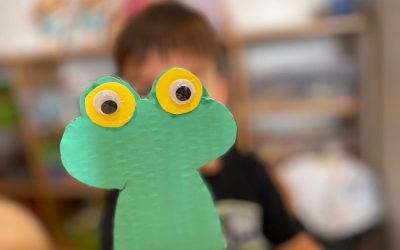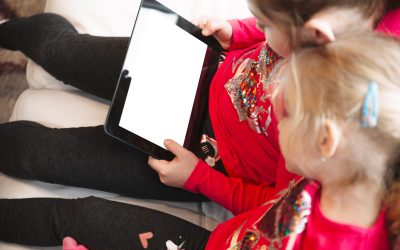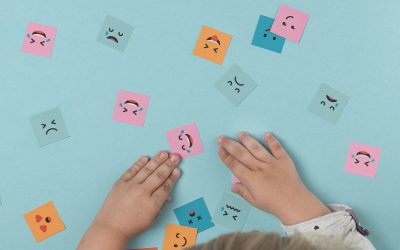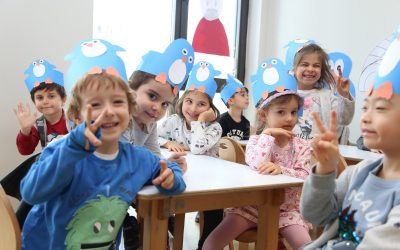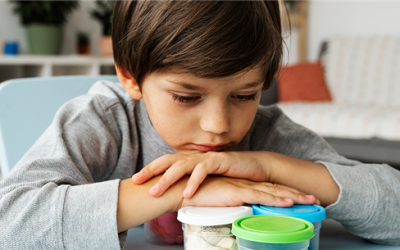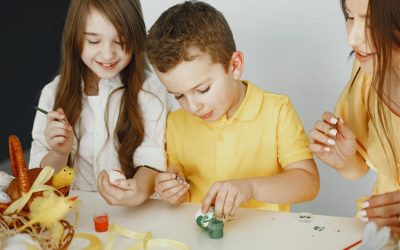The early childhood period is a critically valuable stage of development during which children’s bodily awareness evolves, they explore themselves and their environment, and foundational social and emotional skills take shape. In this phase, the...
Blog
Screen Use in Children
Today, screen use has become an indispensable part of daily life for individuals of all ages. However, when it comes to children in their developmental years, the effects of screen use are much more pronounced and directly experienced. Early...
Recognizing, Expressing, and Regulating Emotions: Children’s Emotional Journey
Emotions play a central role in how children make sense of the world and connect with others. Basic emotions such as happiness, sadness, anger, fear, and surprise are experienced intensely during the preschool years. However, recognizing these...
Supporting Your Child’s First Days at School: A Gentle Guide for Families
Just as adults may feel nervous when starting a new job or stepping into unfamiliar environments, children also experience a range of emotions during their first days at school. These feelings are a normal and healthy part of development. Parents,...
Independence and Self-Identity Development in Children
The process of discovering their own identity and gaining independence during children’s developmental stages is of great importance for healthy personality development. The self-confidence, self-sufficiency, and ability to act independently gained...
The Concept of Friendship in Childhood
Social skills not only support children’s individual development but also help them adapt more easily to society. Through friendships, children learn to share, cooperate, and regulate their emotions. Therefore, friendships formed in childhood are...
Learning to Share – Supporting Children´s Sharing Skills
Sharing helps children develop empathy. When a child shares a toy with a friend, they begin to understand that their friend also needs the toy. This awareness helps them recognize others' emotions and respond to their needs. Children who develop...
What is Resilience?
How Can Resilience Be Developed from Birth? The preschool period is a critical time when children's character and personality traits are formed. During this period, there are various measures and strategies that parents can adopt to develop their...
Acquisition of Social Skills in Children
Social skill is the process through which a person understands their own and others' emotions, thoughts, and behaviors in interpersonal or social relationships, and plans and exhibits their own behaviors based on this understanding. In the context...
Setting Rules and Boundaries: The Key to Healthy Development in Children
Why Are Rules and Boundaries Necessary? a. Provide a Safe Environment Boundaries show children what is acceptable and offer them a safe framework. Within this framework, children are not afraid to explore and try new things. Clear...
Stool Withholding Behavior in Children
Causes of Stool Withholding Behavior This behavior may arise due to biological or psychologist/emotinal factors, or a combination of these elements. a. Physical Causes: Constipation: Constipation is one of the most common biological...
Rules and Boundaries for Children
Why is it important to set healthy boundaries with your kids? Setting boundaries is about establishing your own presence with others. Children can better interpret themselves and their surroundings when they recognize their own presence and...

